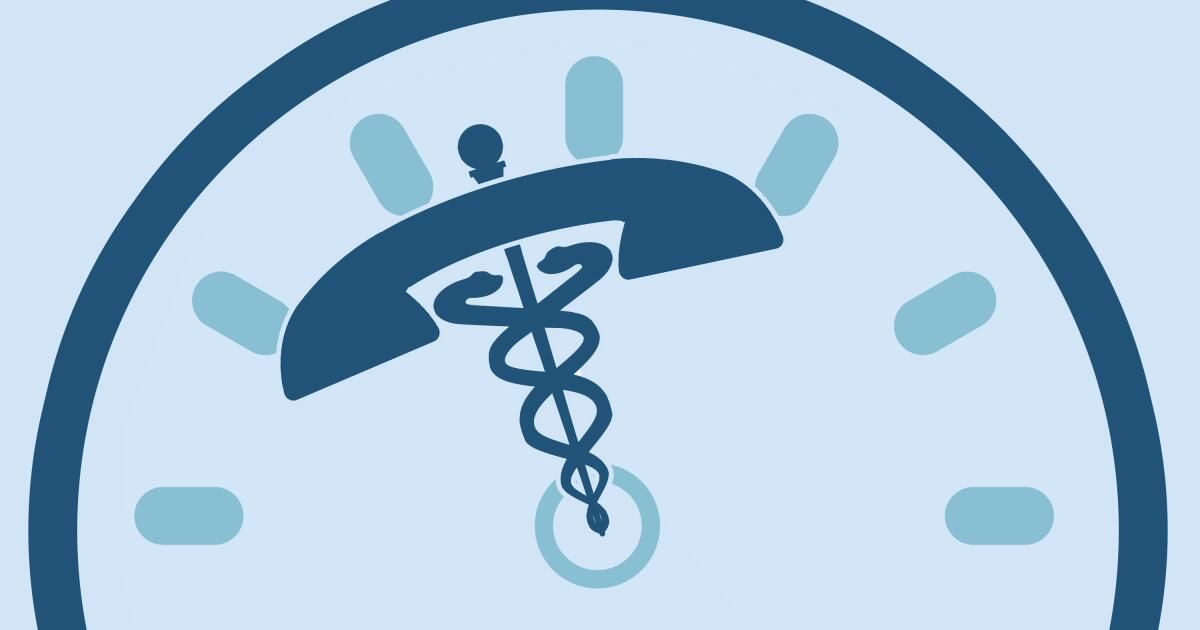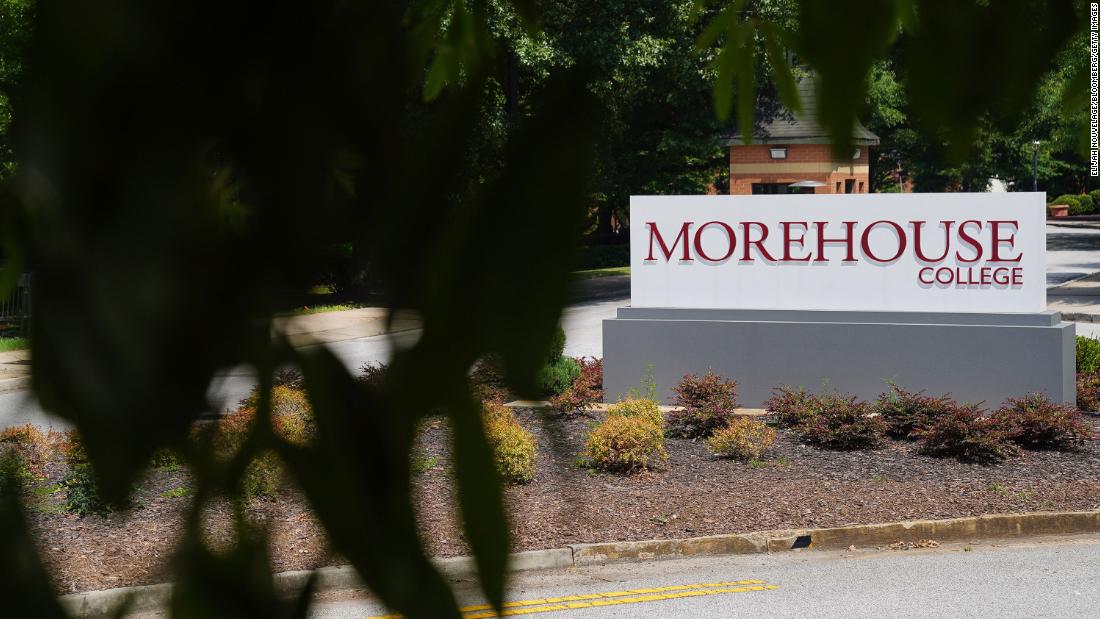Researchers found that only 15 percent of phone calls seeking psychiatric appointments for Medicaid patients resulted in an appointment in Los Angeles, the lowest percentage of four cities in an audit of “secret shoppers.”
Los Angeles also had the longest wait times, with an average wait of 64 days, more than double that of New York City or Chicago and nearly six times the average wait in Phoenix, the secret shoppers found.
The findings, published Wednesday in a research letter in JAMA, underscore long-standing concerns that Medicaid recipients cannot access psychiatric care when they need it.
Previous research has shown that psychiatrists are less likely than other doctors to accept Medicaid, a public insurance program that serves low-income people. The headaches for prospective patients are exacerbated by what critics call “ghost networks,” in which health insurers list medical providers in their directories who aren’t accepting new patients, don’t accept their insurance or are otherwise inaccessible to patients.
As a medical student at Weill Cornell Medical College trying to ensure follow-up care for patients leaving the hospital, “one area where I consistently hit a wall was scheduling outpatient mental health appointments,” said Dr. Diksha Brahmbhatt, who helped lead the audit and is now a resident physician at Brigham and Women’s Hospital in Boston.
For one young man receiving Medicaid, “it took about an hour and a half to try to get him an appointment,” and the appointment was scheduled about 40 days after he was discharged, Brahmbhatt said.
These experiences made her wonder: “What is the scope of this problem, especially in urban areas where we might expect access to actually be better for patients?”
To see what Medicaid patients might encounter when seeking psychiatric care, researchers at Weill Cornell Medical College randomly selected dozens of “psychiatric prescribing physicians” (psychiatrists, nurse practitioners, and physician assistants) from the lists of each city's largest Medicaid managed care plans that were accepting new patients, and then called them to request the nearest available appointment.
They found that less than 18% of the listed clinicians they attempted to contact were accessible, accepted Medicaid and could offer an appointment for a new patient from the insurance program. Even among those psychiatry providers who were able to schedule an appointment, waits could stretch to six months.
Overall, only 27.2% of the offices they called had an appointment available for a Medicaid patient with the desired provider or another provider in the same office. In Los Angeles, that rate was just 15%, compared with 27.5% in Chicago, 30% in Phoenix and 36.3% in New York City. Typical waits were also much longer in Los Angeles.
The JAMA letter did not speculate on why such appointments might be rarer or waits longer in Los Angeles. Brahmbhatt said the study was not designed to examine such differences and that the number of offices they called — 320 in all — limited their ability to draw conclusions.
Health economist William L. Schpero, one of the researchers who conducted the audit, said that “the access problems we identified are likely the result of multiple factors,” including “inaccuracies in plan directories, physician reluctance to participate in Medicaid, and an insufficient supply of psychiatric physicians in some areas.”
“More research is needed to determine which of these factors, among others, is primarily driving the relatively low availability of appointments we found in Los Angeles,” Schpero said.
Schpero and Brahmbhatt found that among psychiatric service providers with whom they were unable to schedule an appointment, 15.2% had incorrect or out-of-service phone numbers, and 35% did not answer the phone after two attempts.
This is a patient population that “already faces a lot of barriers to getting the care they need” and may already be dealing with mental health symptoms when seeking an appointment, Brahmbhatt said.
If they encounter obstacles, “they are much more likely to disengage from the health care system.”
In California, lawmakers are weighing a bill that would require health insurers to maintain accurate listings or face fines. The bill, AB 236, would phase in requirements to increase accuracy in provider directories, starting with at least 60% next summer and rising to at least 95% by July 2028. Fines for erroneous listings could reach $10,000 for every 1,000 people insured by a health plan, and those penalties could be adjusted upward over time.
“When Californians can’t find a provider, care is delayed or becomes more expensive,” said Katie Van Deynze, a policy and legislative advocate for the consumer advocacy group Health Access California, which sponsored the legislation. “AB 236 puts health plans on a path to improvement, so that patients no longer have to call lists of outdated providers who have moved, retired or are no longer accepting new patients.”
The California Department of Managed Health Care estimated in January that implementing the bill could cost up to $12 million annually for additional staff, but a department spokesman said it was updating its estimate based on the latest version of the bill ahead of a hearing Monday.
The January estimate was based on “additional workload to promulgate regulations and guidance, develop a methodology and review plan documents for compliance” and other tasks necessary to carry out the bill’s requirements, department spokesman Kevin Durawa said in an email.
In June, AB 236 was backed by the National Union of Healthcare Workers and the National Multiple Sclerosis Society, among others, but opposed by industry groups such as the California Association of Health Plans and the California Medical Association.
Mary Ellen Grant, vice president of communications for the California Association of Health Plans, said her members understand the frustration that arises from inaccurate listings, but “AB 236 does nothing to address the root cause of the problem” and “simply places the entire responsibility for provider directory accuracy on health plans.”
Data accuracy “depends heavily on providers and medical groups maintaining their own accurate records and providing that information to health plans in a timely manner,” the group said. “The bill fails to recognize this shared responsibility” and is “unfairly punitive against health plans.”












